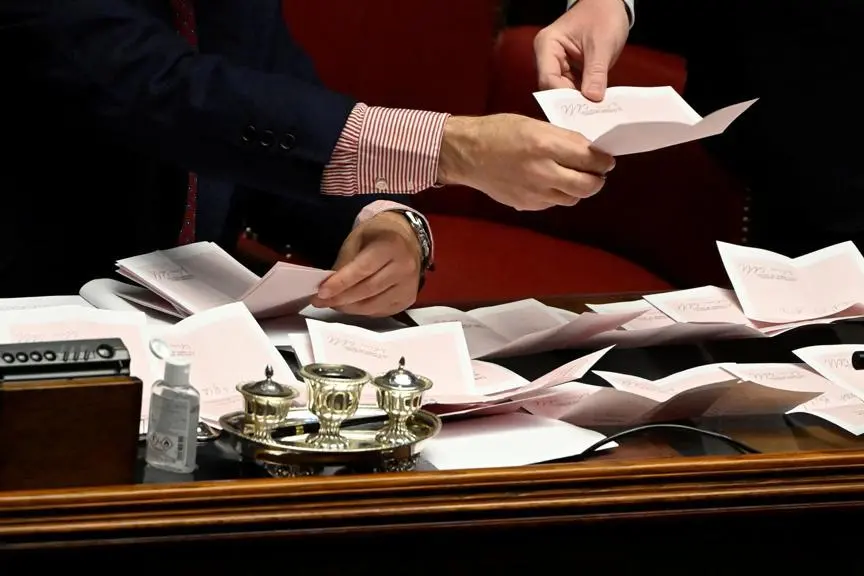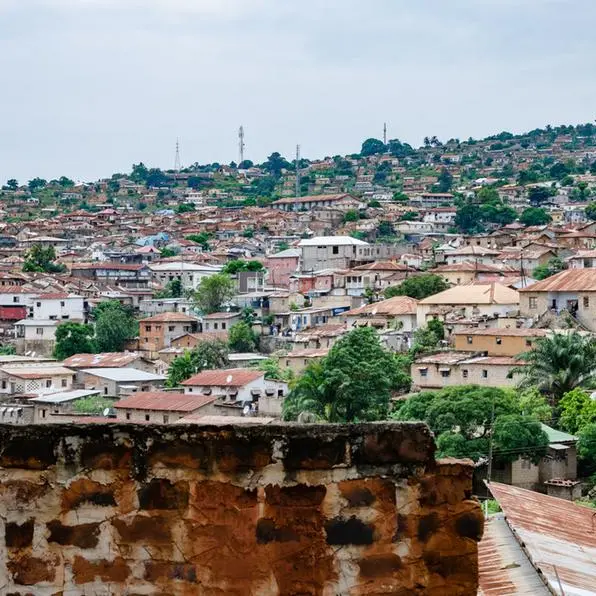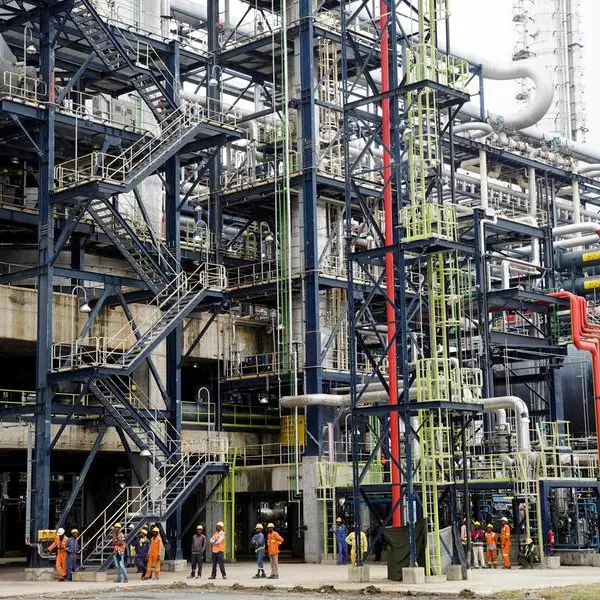PHOTO
ROME - Italy's parliament failed to elect a new president on Thursday for a fourth day running, with the main political blocs floundering in their efforts to find a mutually acceptable candidate for the powerful role.
Neither the centre-right nor centre-left put forward any names for Thursday's ballot after various parties had shot down a raft of possible contenders, opening the way for intense, behind-the-scenes haggling in the hours ahead.
"We are faced with the most important choice of the next seven years. Does it seem normal to you to see the sort of games we have witnessed in the last four days" said former Prime Minister Matteo Renzi. "I find it scandalous."
Prime Minister Mario Draghi remains a contender for the job, but his prospects have faded this week, with many lawmakers clearly reluctant to back him, partly because they fear any change to the government could trigger an early election.
Unlike in the United States or France, where presidents get elected in a popular vote, in Italy, some 1,009 parliamentarians and regional representatives pick the head of state in a secret ballot, which party leaders sometimes struggle to control.
Some sort of compromise is inevitable in the fragmented parliament where neither of the main blocs has a majority.
The easiest solution would be for outgoing President Sergio Mattarella to accept a second mandate. He has ruled this out, but support for him has continued to rise in the daily ballots, suggesting many lawmakers want him to change his mind.
On Thursday he won more than 160 votes after securing 125 on Wednesday.
SPY CHIEF IN THE FRAME
Much is at stake. The Italian presidency comes with a seven-year mandate and has considerable power to resolve political crises that regularly batter the country, including appointing prime ministers and dissolving parliament.
The centre-right bloc, which includes the League, Brothers of Italy and Forza Italia, ordered their electors to abstain on Thursday -- a way of preventing lawmakers from taking charge of the vote and pushing their own favourites.
In a joint statement, centre-right leaders said they wanted to pick a figure with a "high institutional value". The wording suggested they could look beyond the world of politics and seek someone from the judicial sphere, or a senior civil servant.
Among the non-affiliated institutional figures regularly cited in the press are Elisabetta Belloni, a diplomat who heads the secret services and Justice Minister Marta Cartabia, the first woman to chair Italy's constitutional court.
Another possible institutional candidate is Sabino Cassese, an 86-year-old former constitutional court judge.
PD leader Enrico Letta has warned the centre-right not to try to strike backroom deals with an array of unaffiliated lawmakers to get someone from their camp elected president.
Parties from both blocs are in Draghi's year-old national unity government, but Letta wrote on Twitter that any unilateral move over such an important decision would sink the coalition. "It would be the quickest way to blow everything up," he said.
Besides Draghi, other possible contenders floated in the media include former lower house speaker Pier Ferdinando Casini, former premier Giuliano Amato, and Senate speaker Elisabetta Casellati -- all of them with long political careers.
(Reporting by Angelo Amante and Giulia Segreti; Writing by Crispian Balmer, Editing by Gareth Jones and Raissa Kasolowsky) ((crispian.balmer@thomsonreuters.com; Reuters Messaging: crispian.balmer.reuters.com@reuters.net))





















